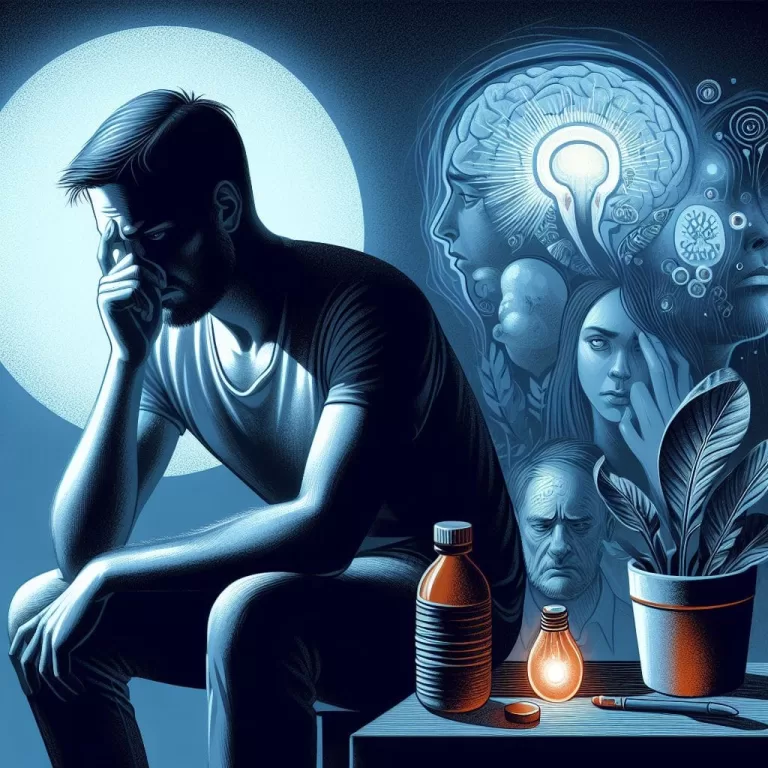Détresse émotionelle
**Emotional Distress**
Emotional distress encompasses mental and psychological suffering, encompassing intense feelings of anxiety, sadness, hopelessness, or despair. It can stem from traumatic experiences such as accidents, natural disasters, or abuse. Other triggers include significant life events, such as relationship breakdowns, financial difficulties, or health problems.
When experiencing emotional distress, individuals may exhibit physical symptoms, including fatigue, changes in appetite and sleep, and muscle tension. Cognitive difficulties, such as poor concentration and decision-making impairments, are also common.
Professional help is crucial in addressing emotional distress. Therapy approaches, including cognitive-behavioral therapy and psychodynamic therapy, aim to identify underlying causes and develop coping mechanisms. Medication, such as antidepressants or anti-anxiety drugs, may be prescribed to alleviate symptoms.
Self-care practices, such as mindfulness meditation, deep breathing exercises, and regular physical activity, can also support emotional well-being. Connecting with friends and family, practicing gratitude, and seeking social support can further mitigate distress.
Recognizing and addressing emotional distress promptly ensures timely intervention and prevents worsening symptoms.
**Coping with Peyronie’s Disease: Essential Tips for Emotional Distress**

Peyronie’s disease often causes stress and anxiety, sometimes giving way to depression. Communication opens the door to exploring treatment options and learning how to cope. Peyronie’s disease is a disorder in which scar tissue forms inside the penis. Over time,…
